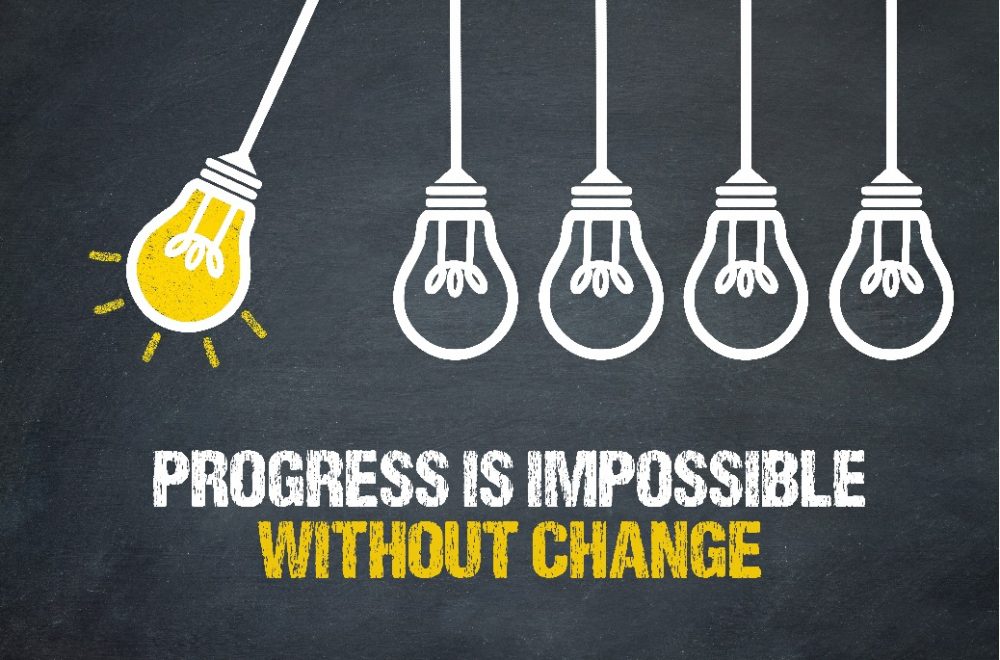Individually, and for our businesses, change is just around the corner, or it is happening right now. We could try and put our head in the sand and pretend it won’t happen, but unfortunately it will. We just have to look to yesterday, last week, last month, or last year, and see the progressive nature of change around us. History tells us that we are in constant flux. Whether it is from technology breaking new barriers, or new ideas, inventions and innovations, or a virus spreading the globe, change is a natural part of our existence.
We have only two choices when it comes to change; embrace it or resist it. For most people change is uncomfortable because it brings uncertainty. We perceive it as having to give something up. As humans, it is engrained in our nature to ask, “what’s in it for me?”, “how do I benefit from this change?”. If we can’t openly see a benefit, we are more prone to resist, even if it will ultimately be good for us. And vice-versa. This is a key consideration for those initiators of change; how can you demonstrate the benefits and dispel the uncertainties?
We don’t have to like change, but how we handle it can be life changing. If we have a positive view of change, and realise that changes will happen whether we like it or not, then we can keep our anxiety in check, looking for how this change can be favourable. By resisting, it is like pushing against a flowing river; it is tiring, cannot be controlled, and if you keep resisting, potentially drown in your own dread. Unfortunately, our mind and emotions always tend towards the worst case, and we see things that >80% of the time will never happen or come close to happening. Yet we let that possess us. Overcome those concerns today by thinking back to all of the previous changes, and realise they mostly worked out for good.
Another consideration for those initiators of change is to appreciate that change brings the feeling of loss in many of those affected. As the architects, we may have had plenty of time to discuss the change, and understand fully the reasons and advantages in its implementation. Our cohorts have not had that luxury, so they need the same information and time to process it as you have. The best option though is to ensure the engagement of teams and representatives at the beginning of the discussion. This ensures a better understanding of the issues and will produce a better result, overcoming the blockages, with ownership of the outcomes. Change can be effectively and efficiently managed without conflicts. Involve your stakeholders from the beginning, stay true to your word, and commit to making the process transparent.

